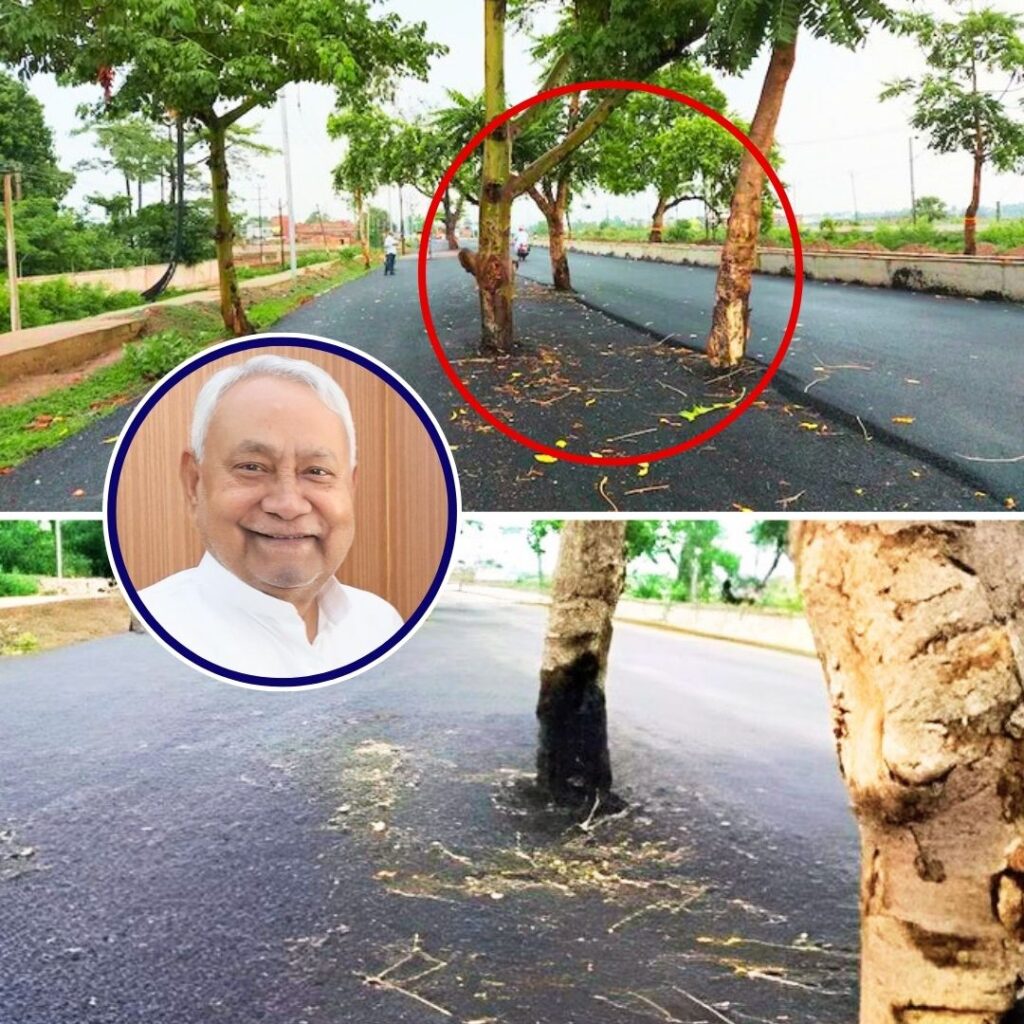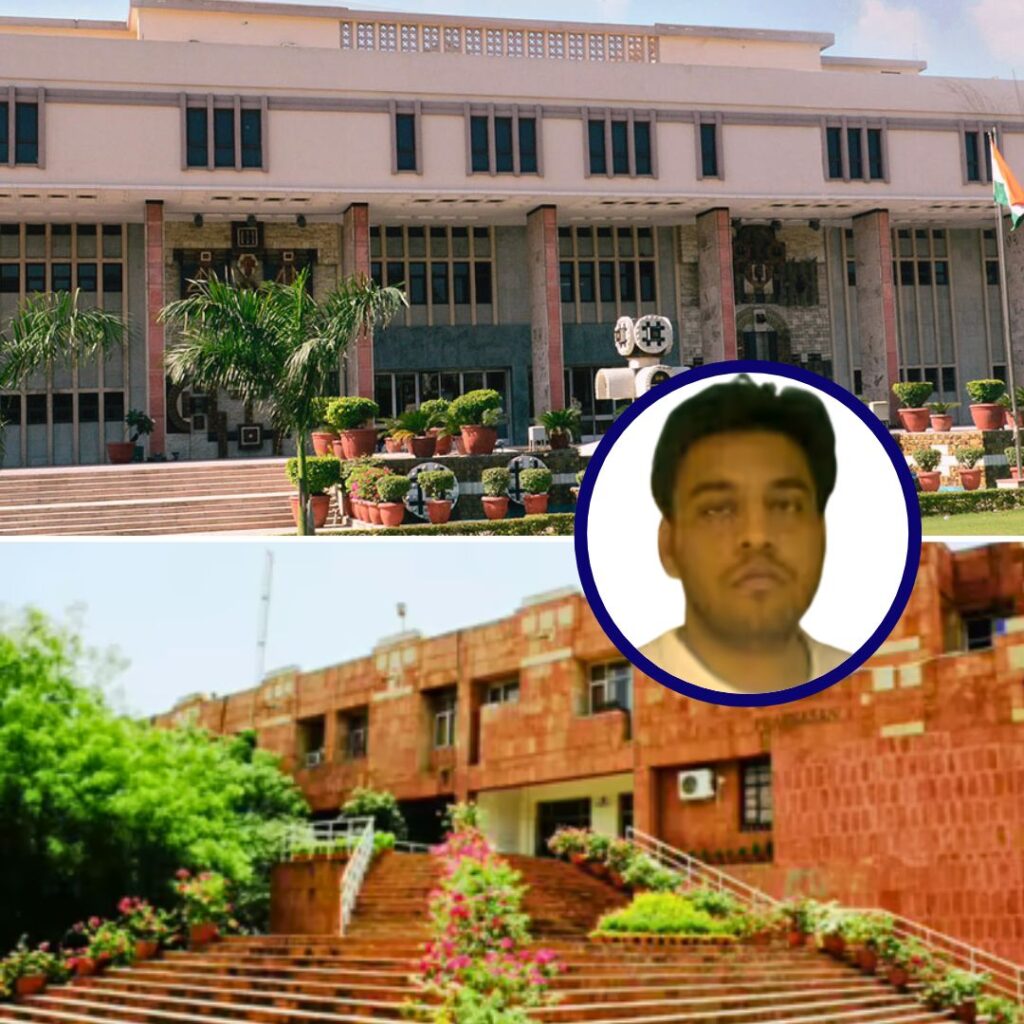Rajshri Deshpande or popularly known as Subhadra Gaitonde from Sacred Games is not your everyday actress. When not wowing the audience with her outstanding acting skills, you will find her in the villages of Marathwada, mediating a conflict between two villagers or sitting among the rural children, listening to their poems. The founder of NGO Nabhangan Foundation, Rajshri’s humility will leave you amazed. In a heartfelt conversation with The Logical Indian, she shares everything from her childhood to her determination to etch a permanent change in the rural backbone of India.
Your NGO, Nabhangan Foundation was started recently. What is the background story?
I have been working in the social sector for the past 5-6 years. Back then I had just quit my advertising job to pursue acting. So when I first moved to Mumbai from Pune, I suddenly had a lot of time on my hands which I spent in theatres, reading, writing and exploring places. Then I volunteered for the earthquake relief operations in Nepal. Gradually, I became actively involved in a lot of social causes.
As you know, drought has always been a big problem in Maharashtra. While working elsewhere, it dawned upon me that this was my area, the villages I had grown up in. My relatives were still living there. I decided to check the situation more closely. You see, since my childhood, I have seen people standing in queues for water. The drought has led my father to leave farming.
Irrigation project in the village
I have always been inspired by my mother who helped people in every possible way. She had limitations – financial constraints or family obligations, still, she would never hesitate to help. My elder sister who is a doctor had set up a village clinic, treating the deprived villagers free of cost. I realised how my family had always stood beside the needy, and now it was my turn. Till then, I had only been running for money because I have never seen it in my life. I needed to change.
Determined, I travelled across Marathwada and saw how people are suffering. I picked up a small village, Pandhri. I didn’t have the manpower or the money to make a drastic change overnight, but at least I could help them in some way. That’s how one village started as a temporary project. I am continuing the work to maintain the consistency. Most of the time, one project happens and the development stalls after that; I didn’t want that. I have to keep on following it up, at every step. I am no expert, and I do fail, but I am trying my best to bring a long-lasting change.
It was not possible for one person alone to support the work financially. That was when I registered my NGO so people would have a platform to donate to, not an individual.
What were the major issues faced by Pandhri?
Pandhri is a small village, close to Aurangabad in Maharashtra. Water crisis was the main issue. The village also lacked toilets. People believed that toilet demands extra water. They were unwilling to build toilets within their house. “How can we have toilets where we cook?” was the typical mindset. Without water, farming also suffered.
How did you earn the trust of the villagers?
For gaining someone’s trust, you have to be a part of their everyday life, listen to their stories, be there with them in happiness and sorrows, solve their conflicts – which is what I tried to do, for six long months. Now, each and every house in the village knows very well that this Tai (Didi) comes and tries to solve our problems.
Rajshri, with one of the families in the village in front of the toilet they built What were some of the projects you undertook in Pandhri?
Rainwater harvesting was the first project. I got in touch with environmentalist Dr Gokhale who organised an awareness workshop for the villagers. I showed him the village river (Bembla) which had dried up. With his guidance, we dug the river and carried out every other task in a scientific way.
Money was always an issue, so I posted on Facebook about everything and appealed for contribution. Varun Grover and Neeraj Ghaywan came to my rescue by donating their National Award prize money.
I also lacked the manpower. I tried to motivate the villagers for doing the work by themselves. After repeated meetings, the number of volunteers increased from 5 to 50. I requested help from Makarand Anaspure and he provided me with an excavator machine for free. With 1.5 lacs rupees, a workforce of 50 and an excavator machine, we had 15 days to complete the work (before the official monsoon date in 2015).
Working day and night even at 45°C, my farmers finished the project on time. Then, the rain happened. When the villagers saw the river overflowing with water, they were ecstatic, that, yes, we all have done this.
How did things proceed from there? Next, we started working towards the sanitation segment. I convinced the villagers that toilets are a must now since you do not have a water crisis any…











